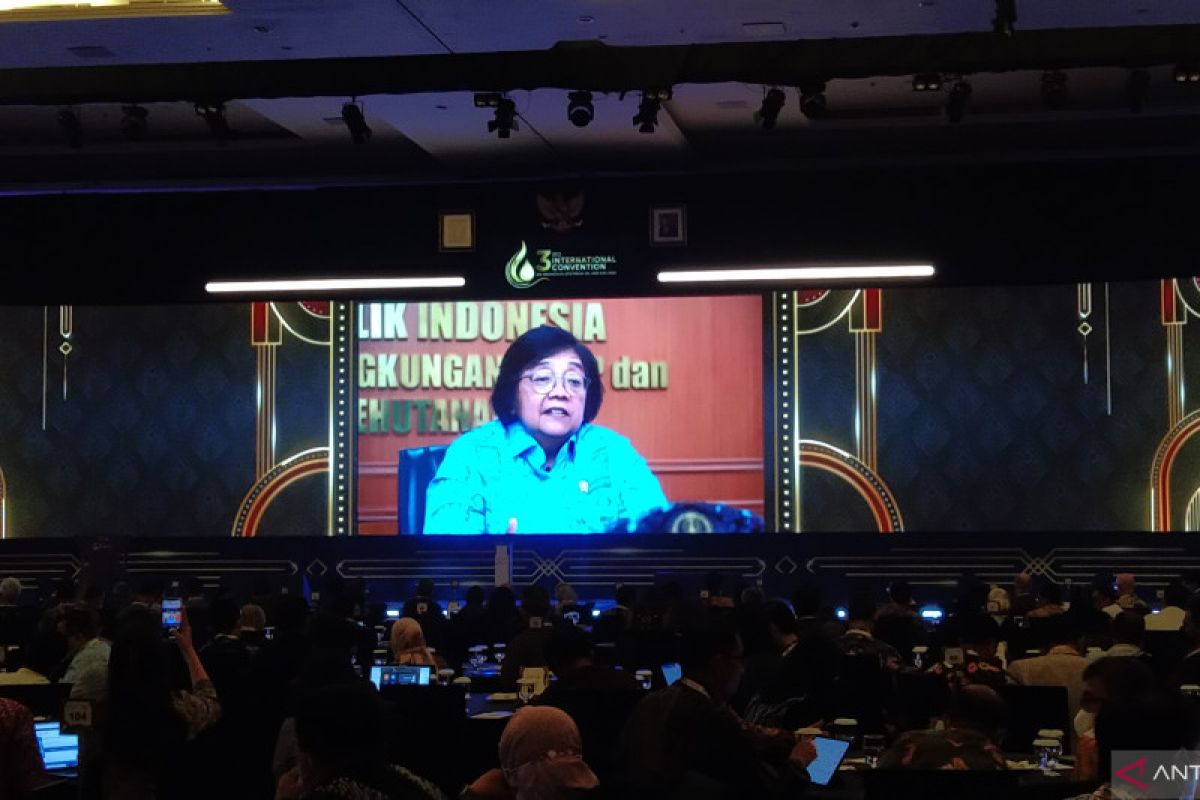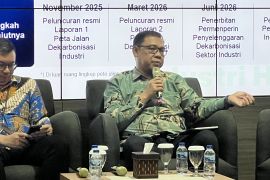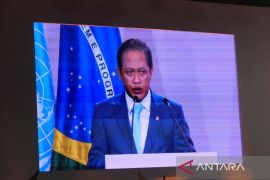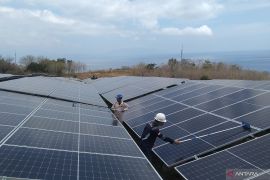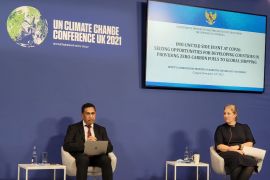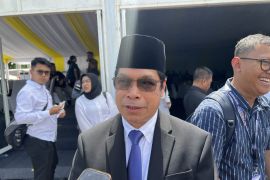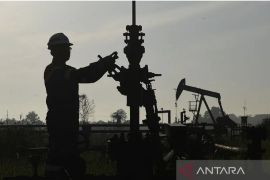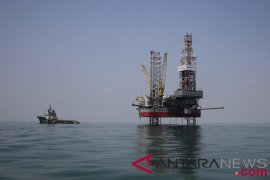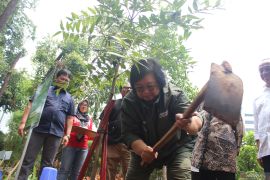Oil and gas, as an intensive sector, with high carbon, is under high pressureNusa Dua, Bali (ANTARA) - Minister of Environment and Forestry Siti Nurbaya urged oil and gas companies to implement decarbonization to support efforts to achieve zero carbon emissions by 2060.
"Oil and gas, as an intensive sector, with high carbon, is under high pressure. It must respond appropriately to the transition towards decarbonization," Nurbaya stated virtually at the 2022 International Convention III for the Upstream Oil and Gas Industry in Nusa Dua, Bali, Thursday.
The minister welcomed oil and gas companies that have committed to implementing decarbonization by 2050 in responding to the challenge of zero carbon emissions.
The minister then outlined an effort to apply decarbonization through the Carbon Capture, Utilization, and Storage (CCUS) or carbon capture (CO2) systems to reduce carbon emissions in the oil and gas sector.
She explained that in total, greenhouse gas (GHG) emissions in Indonesia in 2020 had reached 1.05 gigatons of CO2, out of which some 584 million tons of CO2, or around 55.62 percent, came from the energy sector.
In more detail, the oil and gas sector contributed around 164.7 million tons of CO2, or 15.69 percent, from oil refineries and transportation, around 12.8 percent.
Nurbaya noted that the International Energy Agency (IEA) estimated that through a zero-carbon emission policy, global oil demand will decrease by 75 million barrels per day in 2030.
One of the causes is the sale of motor vehicles based on electric fuels that will increase up to 60 percent by 2030.
The minister remarked that the oil and gas industry in Indonesia has an important role in ensuring the availability of energy, considering the high demand due to the increasing population and economic growth. A significant amount of energy is absorbed by the transportation and industrial sectors.
Earlier, Minister of Energy and Mineral Resources (ESDM), Arifin Tasrif, noted that the demand for oil and gas had continued to grow, especially in developing countries, such as India, and countries in Asia and Africa, with significant urbanization and industrialization.
Meanwhile, the Upstream Oil and Gas Regulatory Task Force (SKK Migas) has targeted oil production amounting to one million barrels per day (BOPD) and gas production of 12 billion standard cubic feet per day (BSCFD) in 2030 for domestic needs.
Moreover, Indonesia has a large upstream oil and gas potential, with 68 potential unexplored basins and proven oil reserves of 2.4 billion blue barrels (bbl), as well as proven gas reserves estimated at 43 trillion cubic feet.
Related news: Pertamina, ExxonMobil agree to develop CCS for decarbonization
Related news: Pertamina supports NZE realization through decarbonization initiatives
Related news: Indonesia raises greenhouse gas emission reduction target
Translator: Dewa Ketut S W, Resinta S
Editor: Sri Haryati
Copyright © ANTARA 2022
